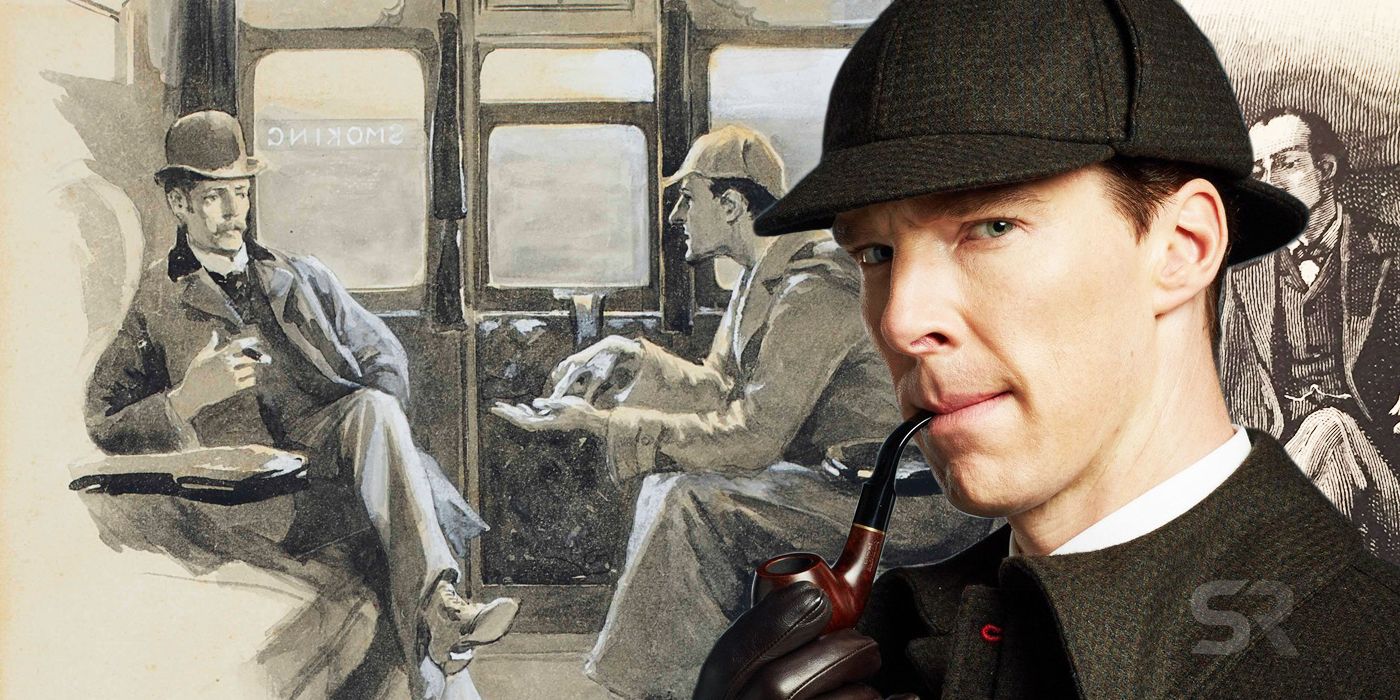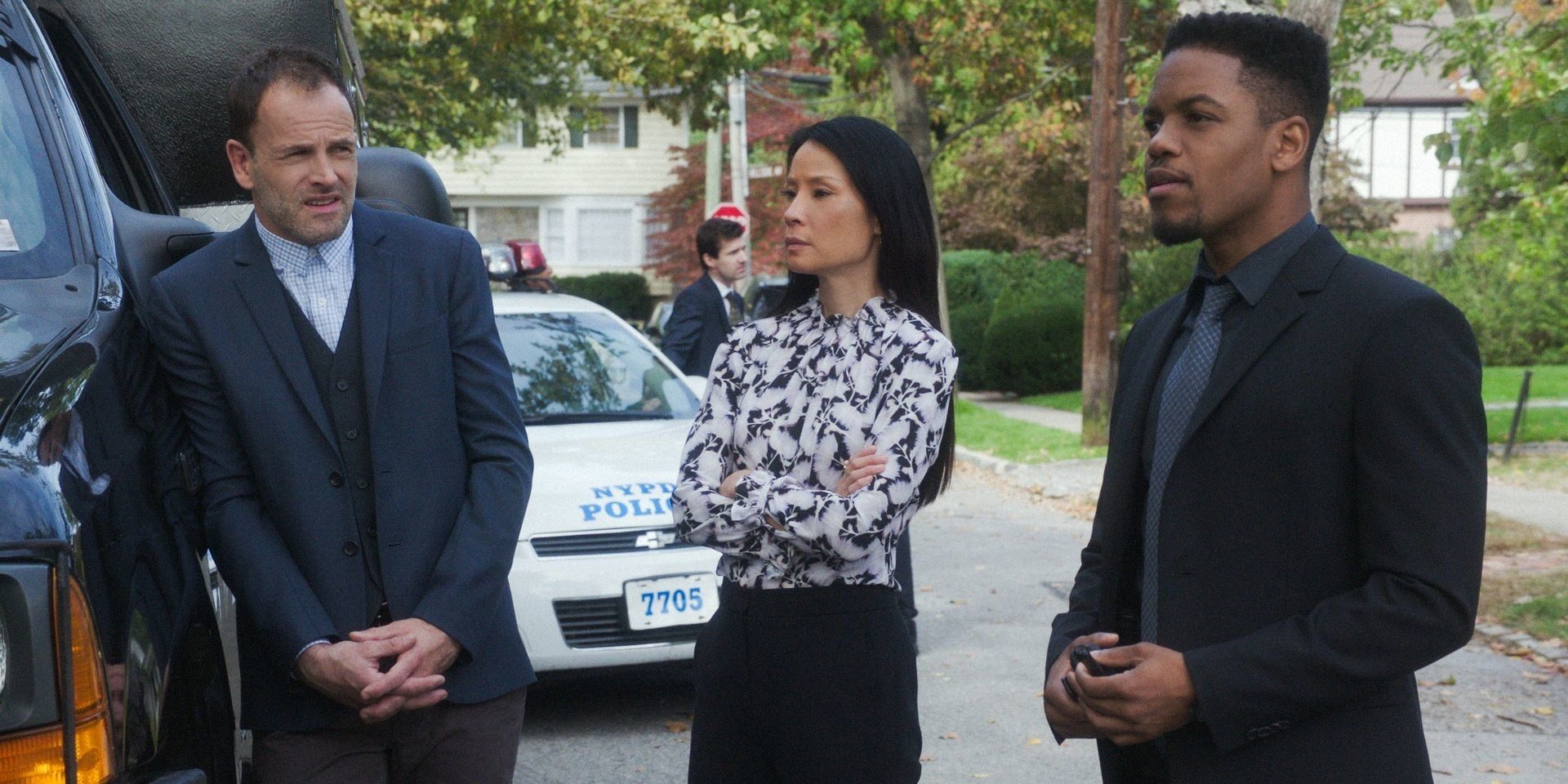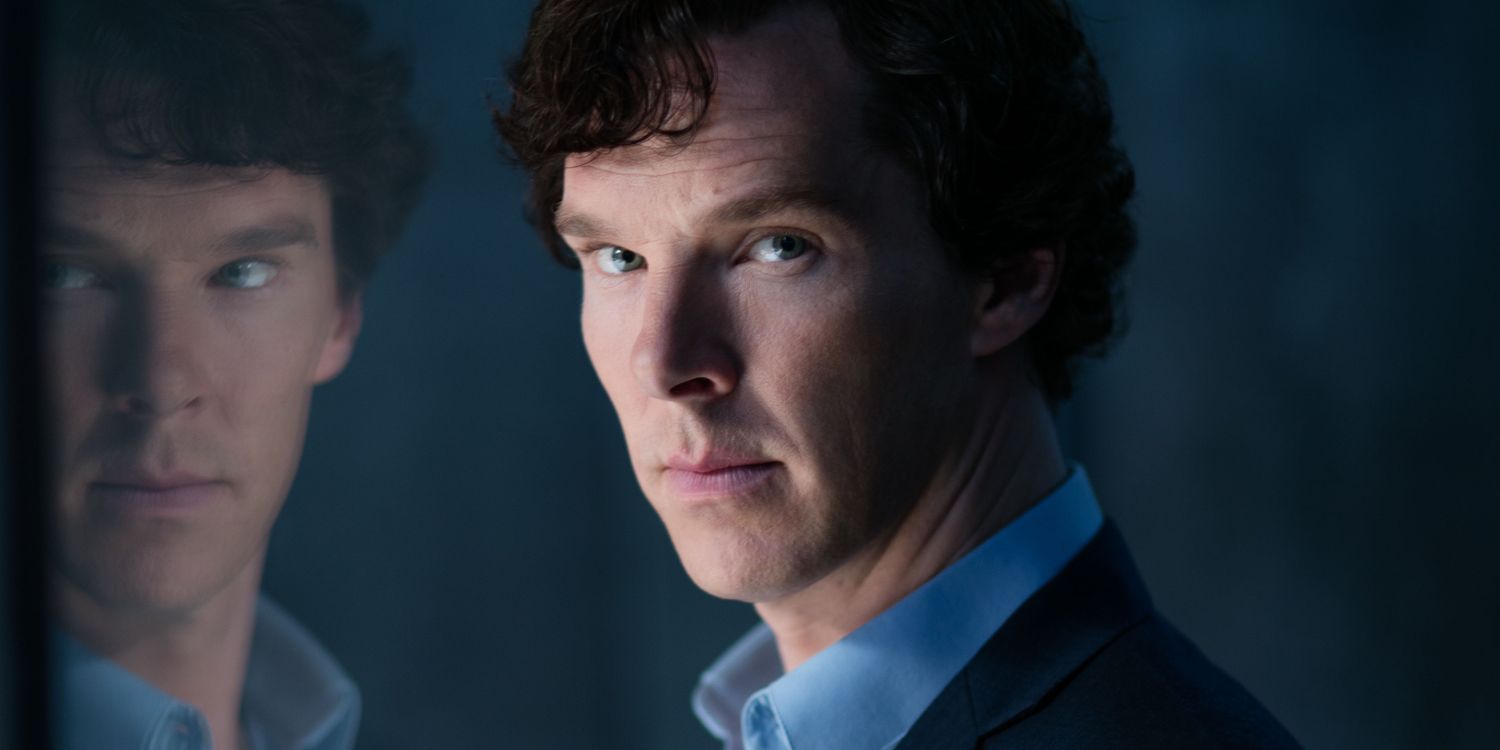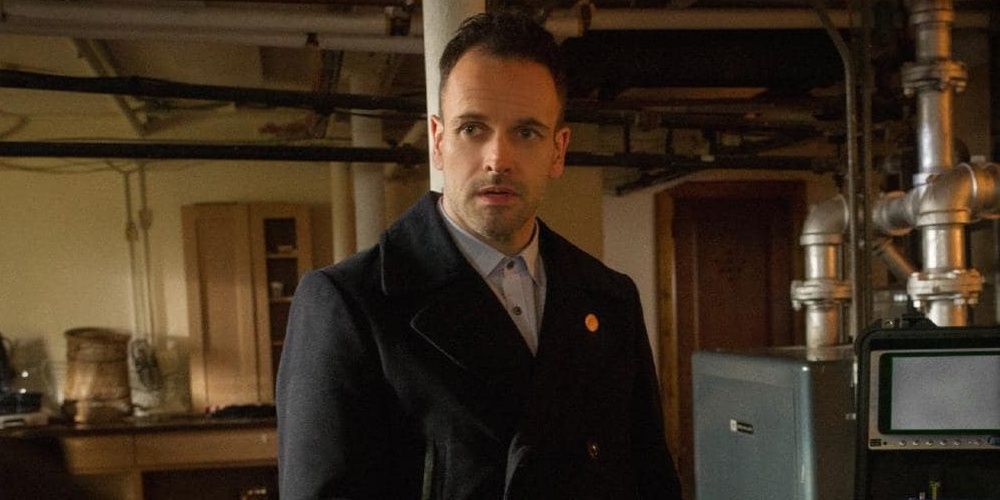The BBC crime drama, Sherlock, received unimaginable popularity and took modern reboots of Conan Doyle's famed literary sleuth to new heights. However, in its success, the show seemed to overshadow yet another adaptation of the great detective's stories, Elementary, that started airing on CBS in 2012.
For those who might not be aware, Sherlock starred Benedict Cumberbatch as Holmes, catapulting him to success, while Elementary starred Johnny Lee Miller of Trainspotting fame. Both actors put their hearts into the role of Sherlock Holmes but let's take a look at what Cumberbatch might have done better than Miller and vice versa.
Cumberbatch: Closer To Canon
Cumberbatch's Sherlock was more arrogant than Miller's and perpetually skeptical of law enforcement, which brought him closer to the canon. Cumberbatch was also more emotionally detached than Miller as Holmes, which, again, was really one of the defining features of Sherlock Holmes' personality.
Conan Doyle's Holmes undoubtedly held Watson in great esteem and considered him a good friend but he was never an expressive man. In Sherlock, Holmes was of course attached to Watson, as obvious from his concern when the latter was abducted in the season 3 premiere, or after Mary passed away, but his moments of emotional vulnerability are far less pronounced than Miller's. In all this, he actually stuck to the canon more than Miller did.
Miller: Was Emotionally Vulnerable
Miller's Holmes might have been farther removed from the original stories as far as sentimentality was concerned, but it made the character more human somehow, something Cumberbatch's might have lacked a wee bit.
In Elementary, Holmes started out as arrogant but grew to care deeply for Watson whom he saw as a partner. He also showed great concern for his friends and allies at the NYPD and had also been deeply in love. His vulnerability, albeit not exactly as it is in the canon, was more endearing and imbued him with more humanity, and soul.
Cumberbatch: Appearance Was Akin To The Fictional Detective's
Cumberbatch's tall frame and sharp features along with the long coat and the upturned collars made him appear at least a bit more like Holmes than Miller.
Although the detective was not known to have a mass of black curls, he did have an impressive physical frame that the Sherlock actor was able to replicate to some extent. As far as physicality was concerned, Cumberbatch was somewhat akin to the public's imagination of Sherlock Holmes.
Miller: He Imbued His Character With Mannerisms
Miller's Sherlock managed to imbue his character with eccentricities that were conveyed not just through dramatic or comic moments but in small details both verbally and non-verbally.
Miller developed a particular style of talking and dialogue delivery and more importantly, physical mannerisms such as the way he stood with his arms slightly behind him and his body thrown forward. His awkwardness was projected in everything he did or said, and although Cumberbatch too had his own style, for instance, the speed he spoke with while explaining his deductions, Miller's Holmes focused more on the little things that create a flesh and blood character.
Cumberbatch: Was Sexually Ambiguous
Holmes' sexuality in Sherlock was never addressed properly, leading even those closest to him like Watson to wonder whether he was gay or had ever been in any relationship.
By leaving his sexual orientation and physicality ambiguous, the writers allowed the audience the freedom to imagine his sexuality in diverse manners. Holmes is not gendered, his sexual identity is largely fluid, and is in a state of constant flux. In this too, the showrunners stuck to the canon since Holmes was never shown to exhibit any sexual interest in anyone, although he did always admire Irene Adler, the only woman who had ever got away with fooling him.
Miller: The Character Was Better Conceived
Johnny Lee Miller's Sherlock evolves more than Cumberbatch's over the course of the CBS drama. Miller's Holmes started out as skeptical of Watson, and her role as his sober companion. He also considered the addiction recovery programs which he is forced to attend to be largely hogwash.
But by the end of the series, Holmes came to appreciate the efficacy of the programs, to say nothing of his love and affection for Watson herself. He also evolved into a more understanding person who was able to get past his frictions with his father and brother, despite having held grudges against them for the longest time.
Cumberbatch: Sherlock's Deductions Allowed For More Drama
Holmes in the BBC crime drama is more dramatic in how he revealed his deductions, in perpetual skepticism of others around him all of whose combined deductive skills, according to him, was lower than his. Thus, every solution offered by the detective while investigating a case, suggests drama and humor.
Sherlock's deductions here came as dramatic tools that added to the fast pace of the tightly knit plots. This made for an interesting watch, liberally topped off with copious amounts of humor, never allowing the viewer's attention to wane.
Miller: The Wit Is Not A Plot Device
In Elementary, the humor surrounding Holmes' deductions is not necessarily a dramatic moment, unlike in Sherlock.
Sherlock's deductions in Elementary do leave people spellbound initially, but it becomes a part of who is he is as the series progresses. The show does not depend on the wit generated from his deductions as a dramatic plot device, since the people surrounding Sherlock here, such as Watson, Marcus Bell or Captain Gregson, are not necessarily stupid.
Cumberbatch: Actor's Star Power Helped The Show
Benedict Cumberbatch shot to fame with his role as the iconic fictional sleuth but once he had reached the height of popularity, his fame fed into the image of the detective, thus helping the series garner more attention and publicity.
Cumberbatch played Sherlock with suavity and it was the power of the star's image that brought unprecedented success to the show across the world. Of course, the witty, sharp script and the immensely talented ensemble with actors like Martin Freeman helped too, yet Sherlock became synonymous with the glitz of Benedict Cumberbatch, which made the show a glamorous watch.
Miller: His Sherlock Was More Character-Driven
There are two sides to every coin, so while Cumberbatch's dapper image was fun for the audience, it was the lack of phenomenal glamor that actually kept Miller's Sherlock on his feet, making it more character-driven, instead of being star-driven.
Miller's Holmes was not the towering star personality that Cumberbatch's was. But that kept him more real, bringing him closer to the audience than the attention-seeking drama queen that Holmes in Sherlock was purported to be. The show depended less on the wow factor and more on characterization.










